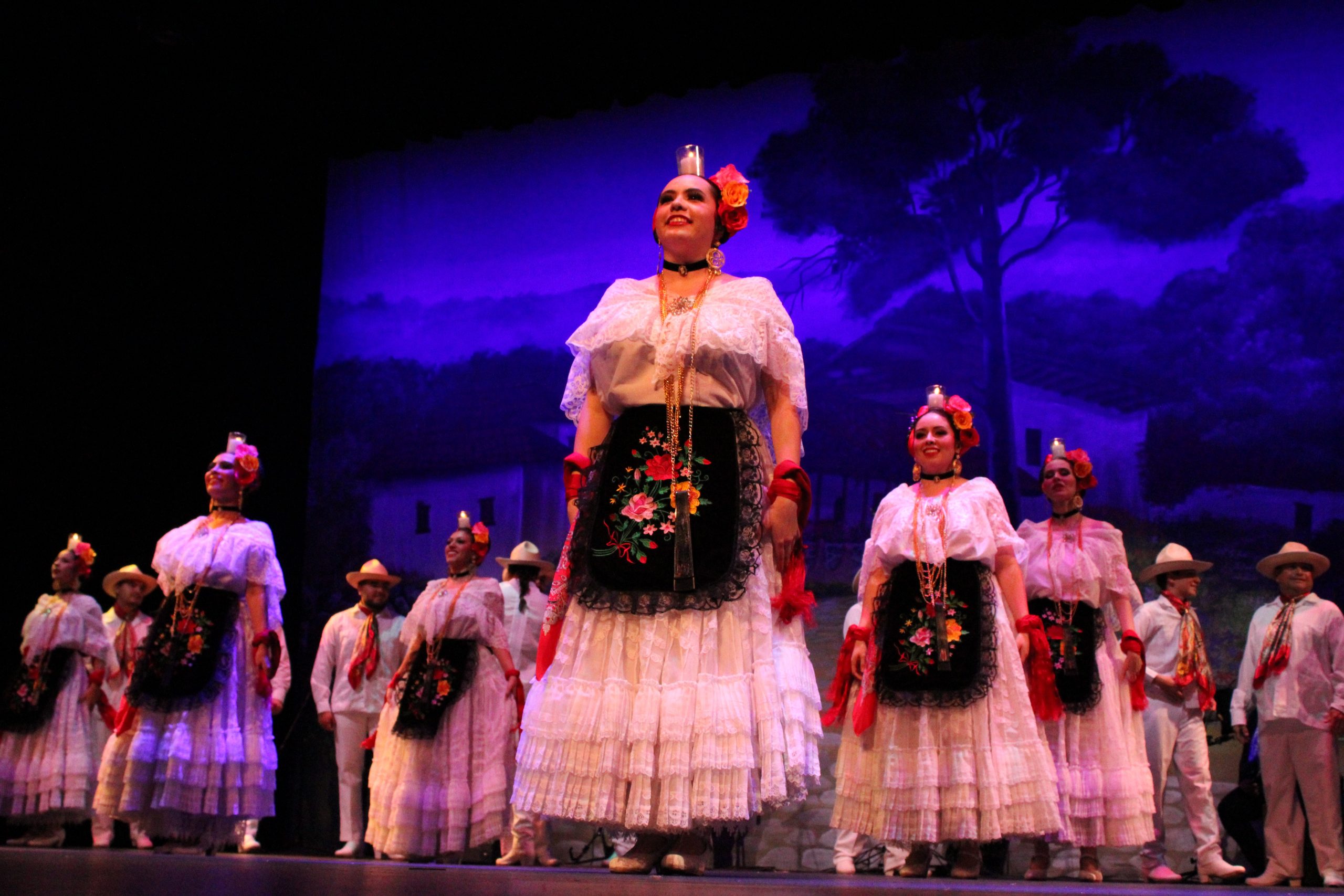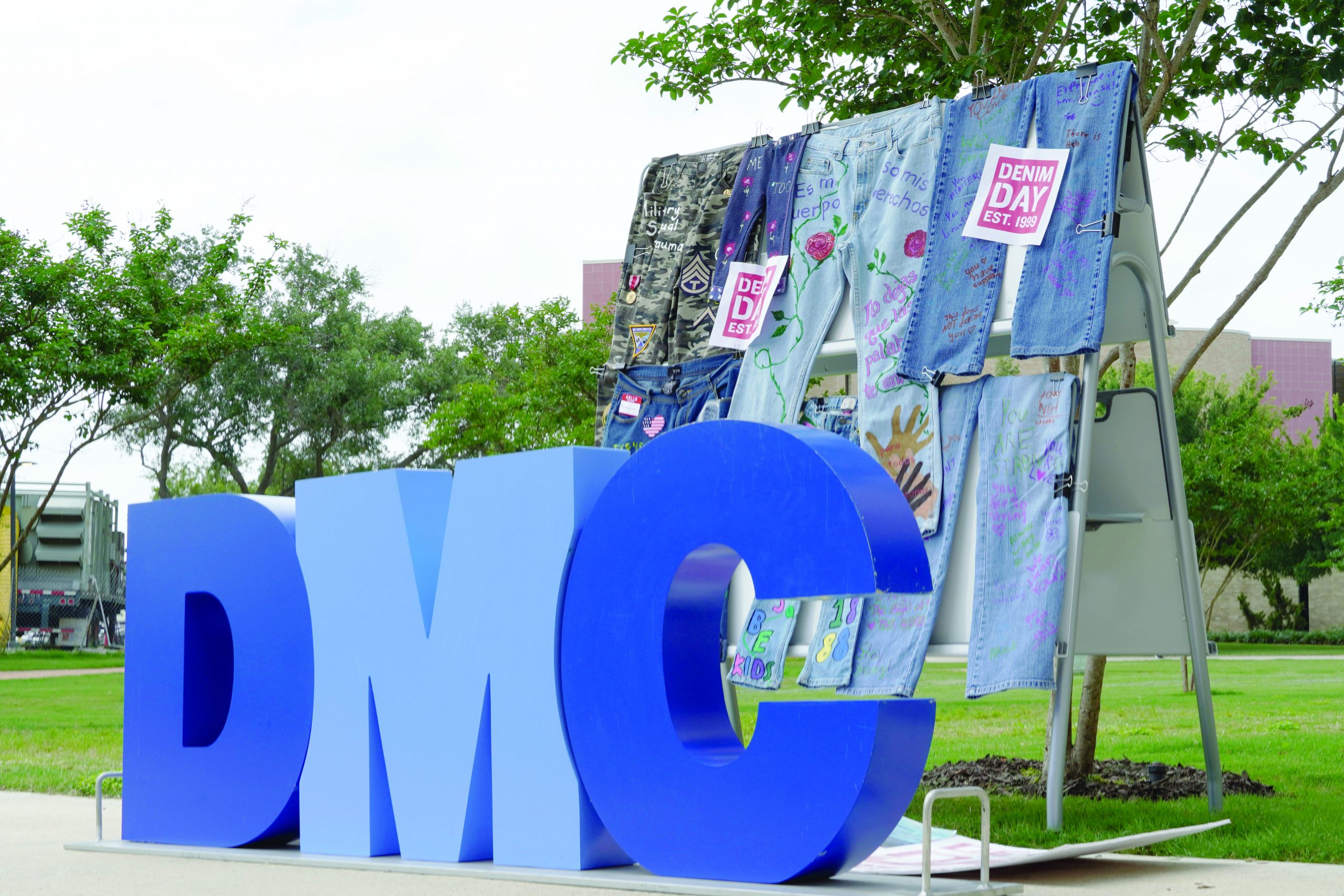Writer visits Del Mar,
calls new play ‘my best
literary effort ever’
Raul Alonzo / Web editor

On Nov. 4, award-winning poet and young-adult fiction author Gary Soto visited Del Mar College for a reading in the Richardson Performance Hall.
The event was widely attended by Del Mar students and faculty as well as visiting students from local public grade schools. Throughout the event, Soto read from some of his most celebrated works and took questions from the audience. Several of the questions centered on what inspired him throughout his years of writing.
After the event, attendees were able to attend a book signing with Soto.
Soto, known widely as one of the first Chicano poets, is famous for both his poetry collections, including “The Elements of San Joaquin” and the Pulitzer-nominated “The Tale of Sunlight,” his young-adult novels like “Buried Onions” and “Baseball in April,” and his memoirs such as “Living Up the Street.”
After the event, Soto was available to speak briefly with the Del Mar College Foghorn.
When asked his opinions on some popular contemporary young-adult novels, Soto expressed wonder at some of the prevailing trends.
“I don’t really read young-adult fiction, but it’s tantalizing to see what occurs out there commercially — you know, what get’s a big reception,” Soto said. “I say this jokingly, but if I had put the Chupacabra in one of my novels, or a vampire, it could have been a hit.”
One recent novel Soto did concede on and hold up as a favorite was “Parrot in the Oven” by Victor Martinez.
“That’s one of the only books from another artist I’m really envious of,” Soto said.
Soto also spoke briefly of connections he had with local poets, including those from neighboring communities in Robstown. Soto once edited The Chicano Chapbook series, a set of small books of poetry that several local poets once contributed to.
Looking at his past projects, the author pointed to one of his most recent efforts as being at the top of his work, a play centered on undocumented youths titled “In and Out of Shadows” that ran for three weekends to sold-out crowds.
“It’s the best thing I’ve ever done. That might be my best literary effort ever,” Soto said.
While Soto had wished to take the show on the road, the show’s expenses prevented him from doing so. As Soto recounted, it is a very difficult road for those wishing to pursue a writing career as a means of making a living. Soto partly attributed this to the loss of many publishing outlets and the consolidation of some genres around big-name authors.
“The distribution possibilities of publishing are really diminishing. … I think writers are suffering financially because of this,” Soto said. “It’s really hard making a living out of this.”




